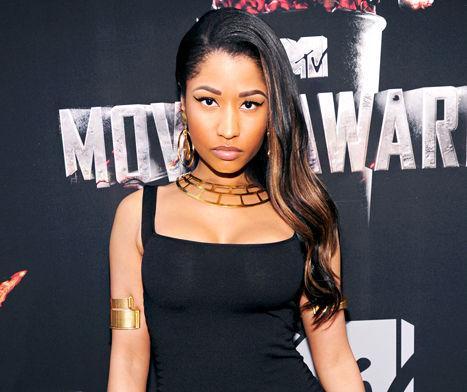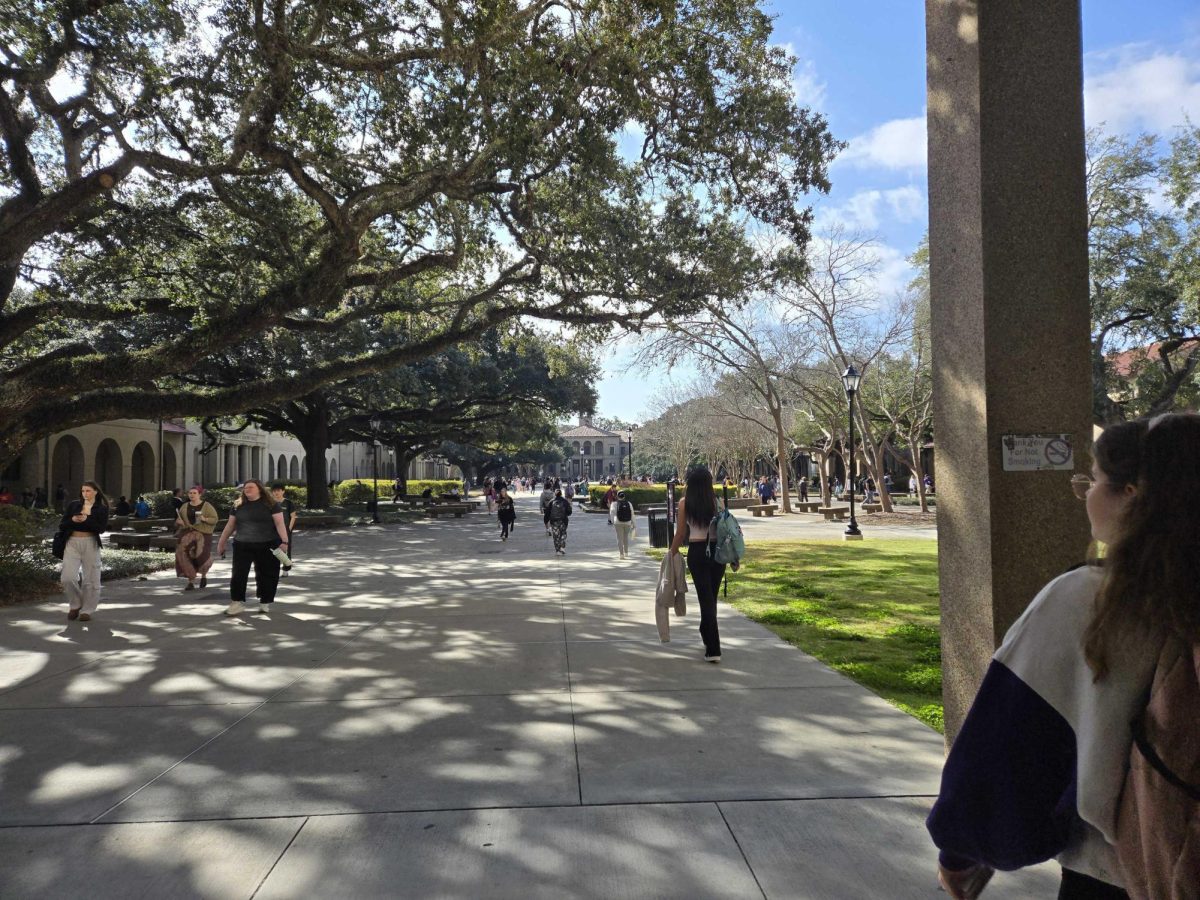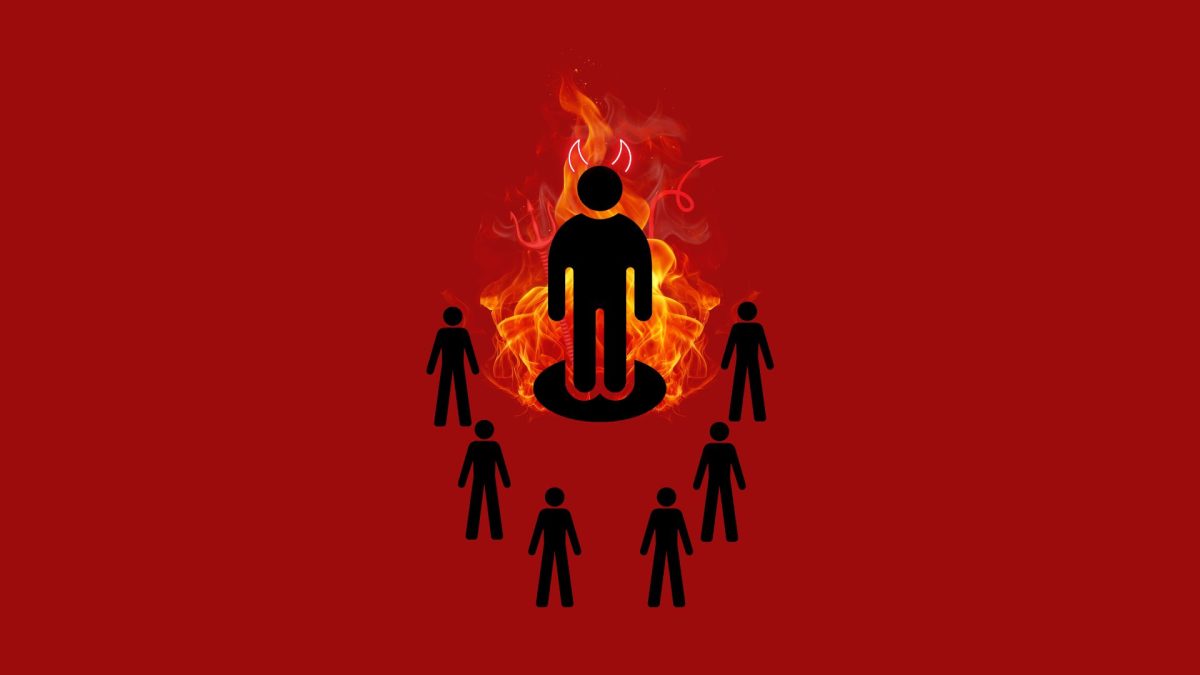Hip-hop is ubiquitous in American culture today. Rolling Stone films videos about Waka Flocka Flame running for president and Kanye West and Jay Z have more Grammys than old white guy staples like Eric Clapton and Paul McCartney.
Hip-hop is probably the most American music genre, at least for this generation. Run-D.M.C.’s version of Aerosmith’s “Walk This Way” represented, in many ways, a handoff of power from shreddin’ guitar solos and big hair to dope rhymes and tennis shoes.
While rap stars replaced rock stars as the objects of our attention, one fact remained true: The music industry continued to be a bastion for often violent misogyny. It doesn’t matter whether you’re listening to AC/DC’s “Dirty Deeds Done Dirt Cheap” or Dr. Dre’s “B—— Ain’t S—,” violence and degradation of women are easy themes to spot.
It’s not just a phenomena of the past, either. In some cases, rappers have gotten even worse. Chief Keef raps about threatening to kill a girl if she doesn’t blow him in “You,” Jasper Dolphin from Odd Future talks about punching a girl in the mouth “just for talkin’ s—” in the appropriately titled “B—- Suck D—.”
I know what the response from many will be: I’m plucking out the worst examples, while most rockers and rappers aren’t nearly as bad as I’m making them out to be. What I’m presenting isn’t just anecdotal evidence or me cherry-picking the worst offenders — it’s a trend.
A 2009 study found nearly a quarter of rap songs surveyed had misogynistic lyrics. It was still bad, but it was lower than researchers expected. What’s really bad is the artists who sell the most music often have the worst reputations.
Eminem is the perfect example. A 2001 study of gangsta rap found 78 percent of Detroit’s finest wordsmith’s songs had lyrics with violent misogyny in them. His “The Marshall Mathers LP” was certified diamond, and nine of the album’s songs had references to killing women.
Not only are women degraded in the lyrics of male rappers, female rappers often have to buy into misogynistic stereotypes to find any commercial success.
The best example is, of course, Nicki Minaj. She’s one of the most talented and successful rappers of any gender in the game right now, with a sling of slick tracks under her belt. She helped make Cash Money Records the powerhouse it is today.
Unfortunately, her success has been propelled by an overly sexualized and domesticated image of women. Take her massively popular single “Anaconda,” where her drug dealer boyfriends keep her around by buying her designer clothes. The music video is a twerk-tastic softcore porn set to the song which sampled “Baby Got Back,” another sexually objectifying tune.
I won’t pretend that there hasn’t been serious reform on this front. Hip-hop has had an undercurrent of strong women rappers. Going back to Queen Latifah, Lauryn Hill, Trina and today with PTAF, Rapsody and — I shudder to say — Iggy Azalea.
Beyond the mere presence of female rappers is the shift in the treatment of women in lyrics. Girl group PTAF came out with the most recent female empowerment anthem in “Boss A– B—-,” which blew up after Nicki Minaj remixed it.
Male rappers have gotten in on what some like Sway from MTV News have called the paradigm shift in how hip-hop handles women.
Rappers like Drake, J. Cole and Childish Gambino have received acclaim for their positive portrayals of women in their songs. Even hometown hero Boosie BadAzz has a song singing the praises of independent women.
Hip-hop has come a long way, but if it wants to cement itself as the American art form that will stand the test of time, it needs to stop alienating half of the population.
James Richards is a 20-year-old mass communication sophomore from New Orleans. You can reach him on Twitter @JayEllRichy.
Opinion: Hip-hop must change its poor treatment of women
April 23, 2015
More to Discover










